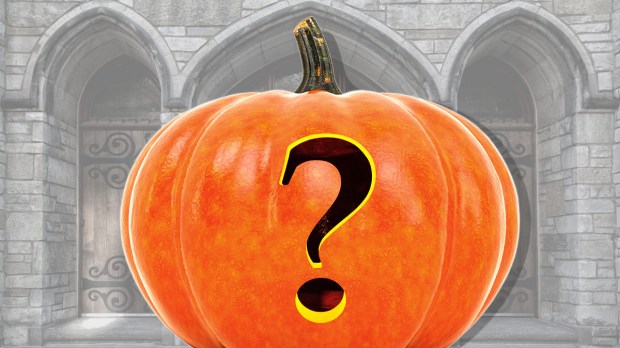Throughout the liturgical year there are various feast days that do not fall on Sunday, but which the Church asks the faithful to celebrate with attendance at Mass.
These days are called holy days of obligation, and the Church equates the importance of these days to a Sunday.
A precept of the Church explains, “On Sundays and other holy days of obligation the faithful are bound to participate in the Mass.”
One of the chief reasons behind these holy days is to highlight a specific aspect of the life of Christ or to give honor to the role of the Blessed Virgin Mary and the communion of saints.
These days are for the spiritual benefit of Christ’s flock and are opportunities to receive grace.
For many centuries November 1, the Solemnity of All Saints, has been a holy day of obligation. The ability to fulfill the obligation of attending Mass on “All Hallows’ Day” is also extended to “All Hallows’ Eve,” more commonly known the evening known as “Halloween.”
This means many parishes have a vigil Mass on Halloween, to celebrate the feast of All Saints.
As a result, if the workday doesn’t allow you to attend Mass on November 1, go to the vigil Mass on October 31 and celebrate with joy the beauty of Heaven.

Read more:
What is a holy day of obligation? When are they?

Read more:
What does the word “Halloween” actually mean?

